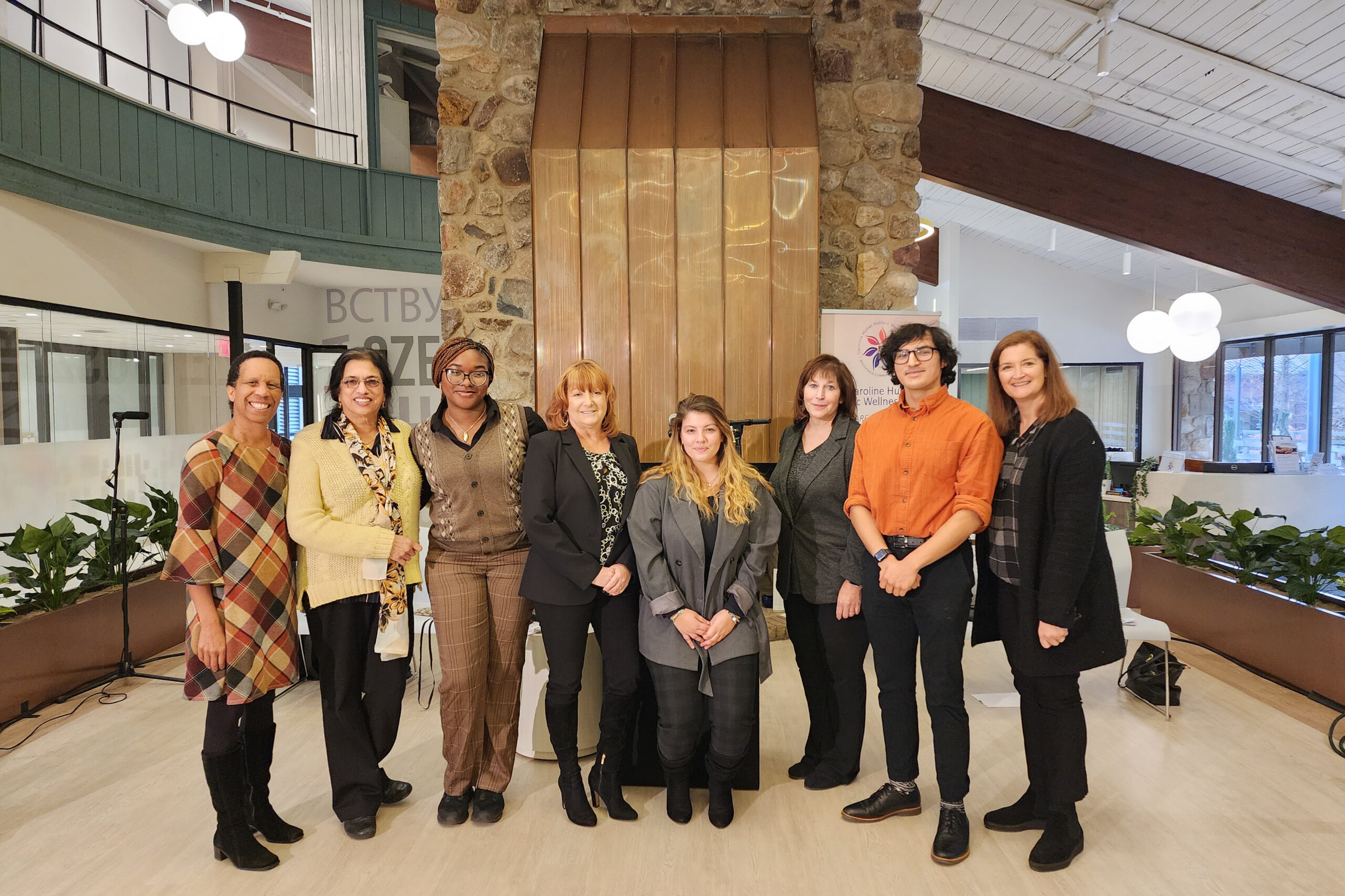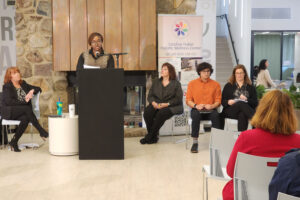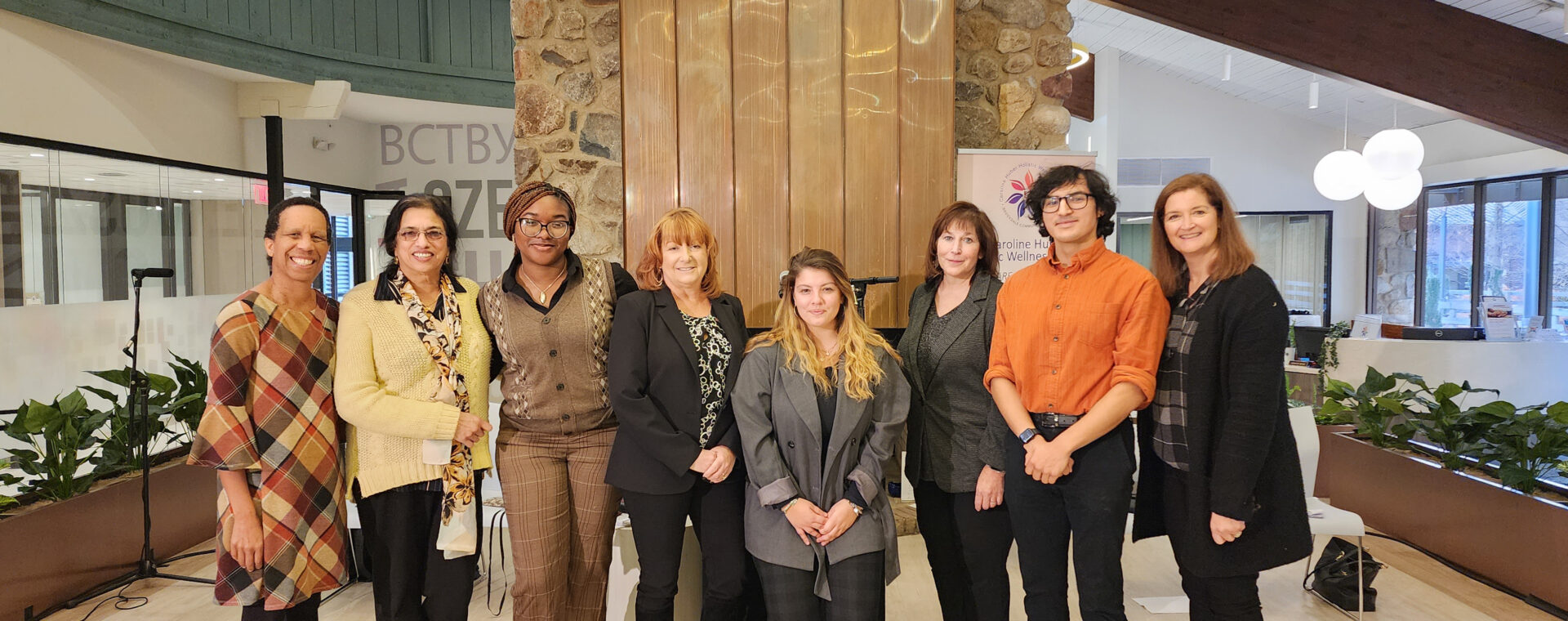
Global Citizenship Distinction Debate: Do Book Bans Affect Intellectual Wellness?
By Eden Pela and Morena Traditi
Considering the recent book bans occurring across states in the United States and abroad, students in the Global Citizenship Distinction Program (GCD) decided to host the first-ever civil debate on Nov 28th, 2023, on the issue of book bans, looking at both takes on the question, “Do Book Bans Affect Intellectual Wellness?” Following the GCP’s annual theme of Wellness, this question mainly focused on whether these book bans had significant intellectual effects on K-12 students regarding access to those books.
The event was organized and led by GCD scholar Morena Traditi, a Political Science major. It was unique because it was a collaboration between the students and faculty, which we rarely see on college campuses. In her words, Morena says, “It is so great to see students and Professors working together. It is something we need to have more so that students can keep themselves more engaged in campus activities.”
Hosted at Brookdale’s brand new Caroline Huber Wellness Center and sponsored by Student Life and the International Education Center, the scholars were able to acquire adequate resources to host the event.
Speaking against the topic’s argument was women’s historian, author, and Professor of History at Brookdale, Jane Scimeca, who, along with Health Science major and Vice President of Pi Theta Kappa at Brookdale, Kie Antone, presented their well-researched views on the history of book bans and its effect on our societies. They brought in many perspectives on why having them in the first place is detrimental.
On the side supporting the argument was Criminal Justice Professor and Attorney Jacquelynn Seely, along with a creative writing major and member of the GCD, Eden Pela. Their perspective, contrary to the standpoint, was not one of the absolute banning of thought for all, but more of regulation in terms of age — similar to how we regulate content in TV and film. This approach helps people understand why some content, in its own literary form, should not be consumed by certain individuals depending on their age and level of maturity.
Moderating the discussion was Speech & Communications Professor Barbara Baron, who served very efficiently, whether it was taking questions/comments from the audience, managing time, or tallying votes at the end, which seemed to be a tie after both arguments had been made.
Civil discussions around many political topics are quite challenging without rousing disorder and heat from the panelists and the crowd. However, we realized that this effect usually comes about when we do not see clearly the arguments from both sides. Having these conversations is absolutely necessary and helps us see humanity on both sides and make clear and better-informed conclusions.
 Bookstore
Bookstore  Self Service
Self Service  Video Library
Video Library 
